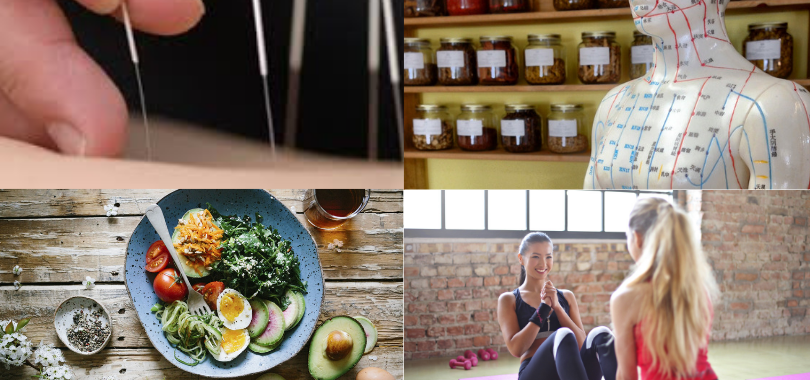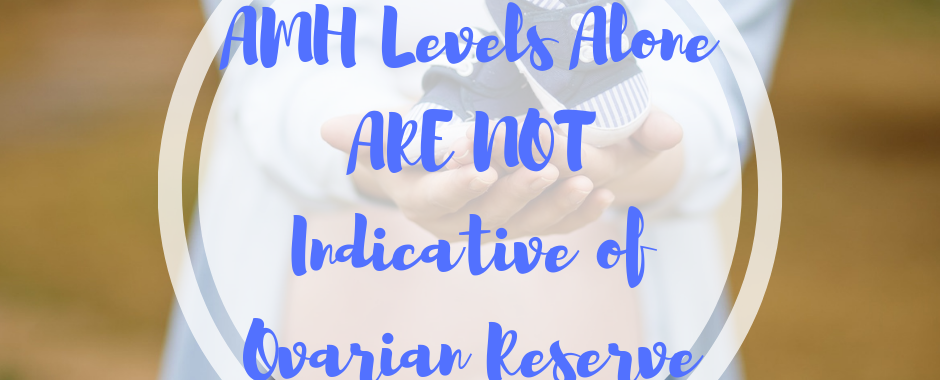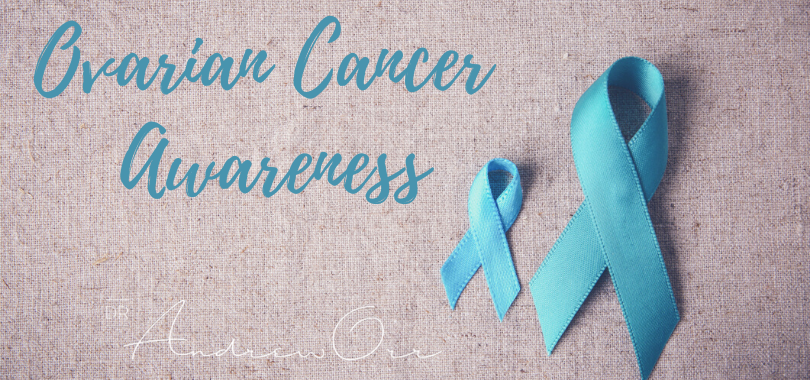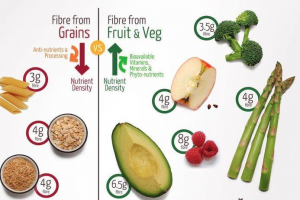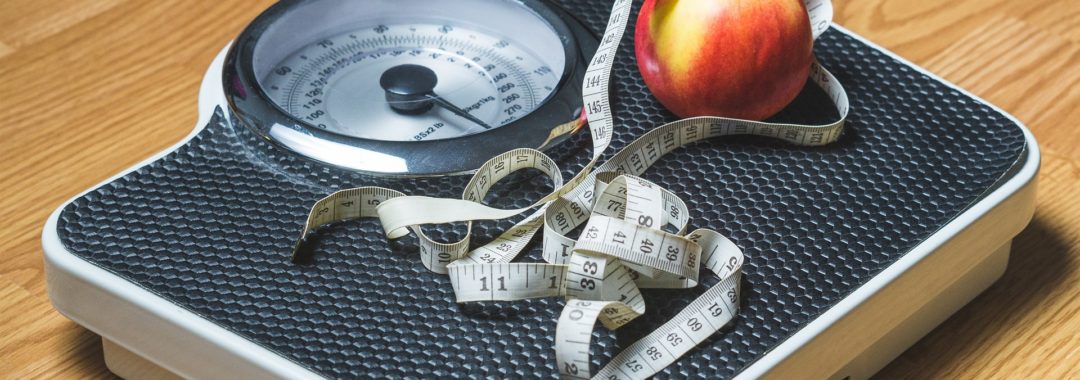In my recent post Getting a Handle on Pain with Proper Pain Management, I talked about the need for getting help with pain and how important it is to manage pain properly. But most of that was focussing on the medical side of things. But we also know that even with the best medical care, people are still in pain. So what is the answer is this approach is not working?
This is where we need to look at the Non-Medical ways to manage pain and look at an individualised and multimodality care approach to give people the best care and clinical management of pain possible.
Let’s have a look at what some of the Non-Medical options are first.
Acupuncture and Traditional Chinese Medicine
One modality that may assist in managing long-term pain is Acupuncture and Traditional Chinese medicine (TCM). This medicine has been around much longer than modern medicine and it is very effective. There is now research to show that Acupuncture and TCM is not only assist with treatments for pain and pain management, but it may be equivalent to the effects of some of our strong pain medications, when it is administered properly by a trained healthcare provider and with a series of treatments. It is also being used in mainstream hospitals for pain management too. While acupuncture may be effective for pain, there is no such thing as a one off treatment for any medicine and we all need to remember that.
Biomesotherapy (Biopuncture)
There is also an amazing therapy called Biomesotherapy, also known as biopuncture. It combines the use of acupuncture and also uses injectable saline and anti-inflammatories into the acupuncture points. Local anaesthetics and pharmaceutical injectable pain killers can also be injected into the acupuncture points and this is how it has been used in parts of Europe for over 50 years by main stream medicine. It may be affective for acute pain.
Chinese Herbal Medicines
There are also Chinese herbal formulas that may assist with pain and pain management and they may also help with the root cause of your pain as well. Again these aren’t a one off treatment and require a course of treatment to get the true benefits. You don’t just take one antibiotic, or one pain medicine and it fixes your issue and the same goes for herbal medicines. What we also need to remember is that up to 50% of our pharmaceuticals are actually derived from herbal compounds.
Chiropractic & Osteopathy
There are also some other great complementary therapies that may help pain. Chiropractic and Osteopathy may help with skeletal pain and may also help with realigning sublaxations that are impinging on nerves and may be causing pain. Both modalities may assist in helping balance the body as a whole.
Yoga & Pilates
Yoga and Pilates may help with pain by rebalancing the body, working on the core and also by assisting the body to relax. There is a bit more to it than that, but they can help. There is now some good research out there to support the use of these modalities.
Massage & Complementary Medicines
Massage may also help with pain and pain management. There are also other herbal medicines that can help too. You need to see a qualified massage therapist and qualified complementary medicine practitioner to get the best care and advice with either of these modalities.
Your healthcare provider, or herbalist, can assist you by consulting with you and helping manage your condition. Just like medical interventions and pharmaceuticals, you should never self-prescribe and always consult with someone who is qualified in their particular profession. They can also administer you practitioner only medicines that are far stronger and more clinically efficient that over the counter products. It is the same in modern medicine too.
Physiotherapy
Physiotherapy can help with pain management and rehabilitation and women with pelvic pain may need a physiotherapist that can help with pelvic floor physiotherapy and that can do work internally. This is a specialist area though. Physiotherapy also fits into the medical model of pain management too.
Pulse Magnetic Therapy & TENS
Pulse magnetic therapy and TENS (Transcutaneous Electro Neuro Stimulator) may help with pain and ongoing pain management. While many people have heard of TENS, not many have heard of Pulse Magnetic Therapy and this is something that may assist with chronic pain and also pelvic floor instability and incontinence. There is such good research to support this as well. Many urodynamic specialists are now using pulse magnetic therapy in their clinics.
Diet
Let’s not forget the power of a healthy diet, when it comes to pain. Diets high in processed foods and sugars and refined grains, alcohol etc promote inflammation. Then inflammation causes pain and may make conditions causing pain worse. I always assess people’s diets, when they have pain, or health issues.
Exercise
Exercise may also assist with pain by helping with stress levels and helping with increasing blood flow into the muscles and brain and also helping with endorphins into the body. Again exercise can be a catch 22 situation. Some people are in so much people that they cannot even contemplate exercise. But, with starting out slowly and a step by step approach, little by little, exercise can help with controlling pain and getting the body back to optimum health again.
Counselling and Mindfulness
Lastly, talk therapy and counselling and mindfulness training is probably some of the most underrated therapies for the ongoing management of pain. I can’t say this enough. Our brain is what controls all our senses and unless we learn to control stress and quieting our mind, then managing pain is so much harder. I also know it can be a catch 22 situation too, but it is needed. While support groups and talking with friends is great, it cannot compare to the help from a trained professional, who has the appropriate years of training and is specialised in their particular field, or profession.
Important Things To Remember
Oh, and please don’t get your medical advice from people on support groups either. I see this so often and it really scares me what I see and hear. I know they are well meaning and their support is great for you, but they are not a trained professional and this could be very dangerous. Let’s not forget that everyone has different needs according to their condition.
What medication, or therapy, one person is on, or taking, may make another ill, or actually make someone else worse. Please do not Dr Google either. A degree in Dr Google, doesn’t make one a healthcare expert and much of the medical advice on Dr Google is not right. Sure, be educated and be informed, but be careful too. Always consult with a healthcare professional for any health advice, or before trying to do something to manage your health.
Pain is something that we have all experienced, but it is not something that should be endured either. Of course there are individual cases that are just off the charts and require a whole different level of management. These people I feel sorry for the most. While some of these cases may never have their pain gone completely, with the right treatment most of them can be managed to some form of normalcy.
For the rest of the population, most pain can be treated if intervention is administered early enough and there is good ongoing management moving forward. The problem for many is that they aren’t being managed properly and many are trying to just do it themselves. That isn’t going to work. Some people just leave it too long too. The longer you leave pain not managed, the harder it is to treat.
You may also need that multimodality (team approach) for some conditions such as endometriosis and gynaecological conditions. Some other causes of pain will need this too. For others, they just need to see the right people and once they do, their pain can be treated, or managed really well. In many cases, it can be fixed completely.
There is no magic pill
Always remember that there is no such thing as a one off magic treatment for pain, or any health issues, and that there is no miracle one off magic pill to fix pain either.
Even though pain needs to be managed with medications sometimes, it isn’t always the answer either. People need look at treating the cause of their pain and also looking at other therapies outside of modern medicine too. This is where individualised treatments and treatment/management plans are the best, because everyone is different in what they are experiencing and what their particular issue is.
I have seen the amazing effects of a combination of therapies, or stand-alone therapies, in the treatment of pain and its ongoing management. If you aren’t getting the answers you need, with who you are seeing, or what you are currently doing, then you need to look outside the box, think outside the box and start finding treatments and healthcare people that can help you and your particular health issue.
Never underestimate the body’s power to heal itself with proper care and never underestimate the power of a second, or tenth opinion.
Getting proper help and care
If you aren’t getting the help you need, then book in a consult with me and I will do my best to get you the help and care you deserve and should be getting. I also have a great network of trusted professionals I work with if it is outside something that I do, or if you need that team approach for your condition. I have my trusted team and that is what you may need too.
One more things, for anyone, pain is the sign that something is wrong in the body and means it needs to be addressed. Oh and always remember, period pain is not normal either.
Take care
Regards
Dr Andrew Orr
-No Stone Left Unturned
-Women’s and Men’s Health Advocate
– The Headache, Migraine and Pain Experts

